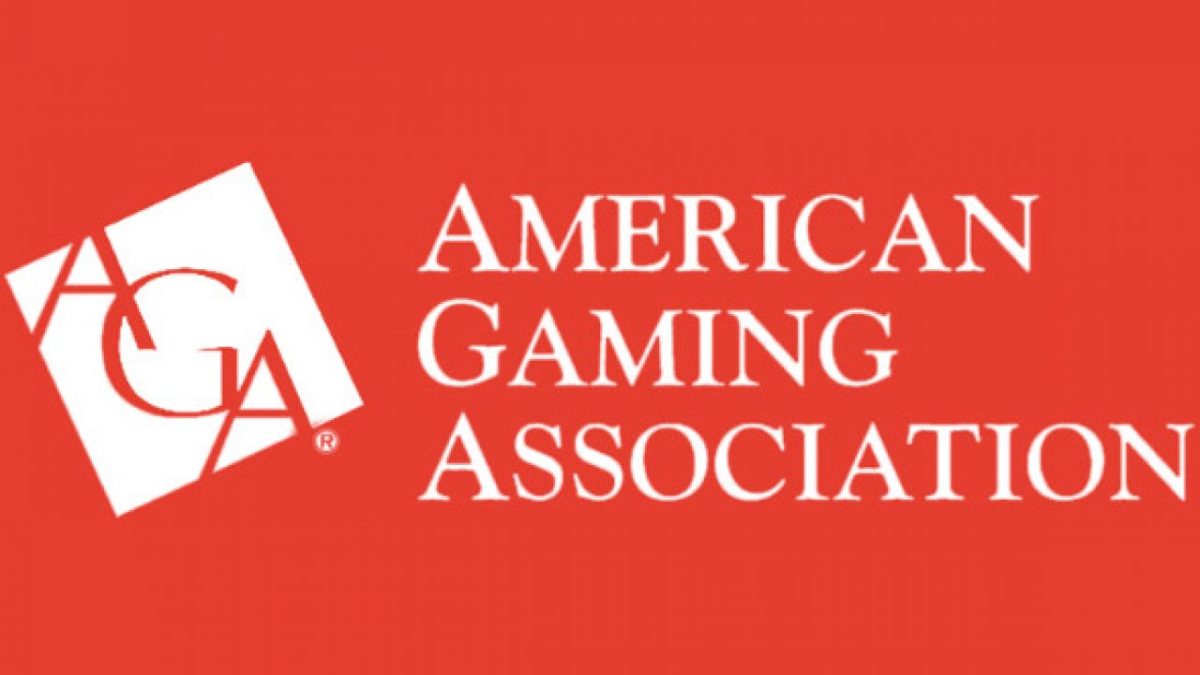Although the United States is one of the countries that have strict regulations in place when it comes to eradicating any possibility of money-laundering activities using casinos, it’s still very much present, as it is anywhere else in the world. Thwarting money laundering operations is one of the top priorities of any regulator in the world, and one in America pays special attention to this issue.
One of the most recent events brought this problem back to the headlines when The Hawaiian Gardens, a cardroom in California, had to pay $3.1 million in fines for not doing a regular anti-money laundering checkup. On top of that, the cardroom had several other regulatory issues that were all included in the price it had to pay.
However, this is not the first time something like this has happened. In fact, similar incidents take place all over the country.
That’s one of the main reasons why The American Gaming Association (AGA) is now working hard on new guidelines that aim to fight money laundering and make gambling venues take more responsibility. Once these guidelines are out, all US operators will have to adhere to the new standards and do their best to implement these anti-money-laundering regulations.
Hopefully, that would help them further improve their operations and make gambling in the US safer and free of this type of illegal activity.
The AGA has been working on various guidelines and updated them from time to time. Back in 2014, the association made certain policies that had to be followed by the gambling industry and provided “best practices” for minimizing money laundering. Those policies have been updated and expanded into what they call “Best Practices for Anti-Money Laundering (AML) Compliance” directive.
The reason why the AGA made this directive in the first place was after the report by the Financial Crimes Enforcement Network (FinCEN), which is part of the US Treasury Department. Moreover, there was input from similar organizations, such as the Office of Foreign Assets Control and the National Money Laundering Risk Assessment.
The policies that the AGA came up with are not something that casinos must legally accept since they bear no legal weight, mainly because the AGA doesn’t actually have any legal power over casinos. In fact, AGA is just sort of a lobbying group in the industry and hopes that all casinos would abide by the parameters that are established, which will help them further advocate for changes in regulations to minimize money laundering.
Ways To Improve
One of the ways to really put a stop to money laundering is to avoid cash exchanges and rely purely on digital transactions, and that’s another step that the gambling industry in the US and even Canada has to take. Simply put, if the number of opportunities to bring cash to a casino is minimal to non-existent, the number of possible money-laundering operations will decrease as well.
The AGA is definitely doing its part, but not everyone is doing their best as well. In the end, it’s up to individual casinos to search for possible holes in their security and find possible ways people could launder money in their respective facilities.
At the moment, any casino that manages to pass the $1 million threshold when it comes to GGR has to file a CTR (currency transaction report), which is required by the Bank Secrecy Act (BSA). However, this has to be done only for transactions that are bigger than $10,000, and it needs to be filed in a 24-hour window.




